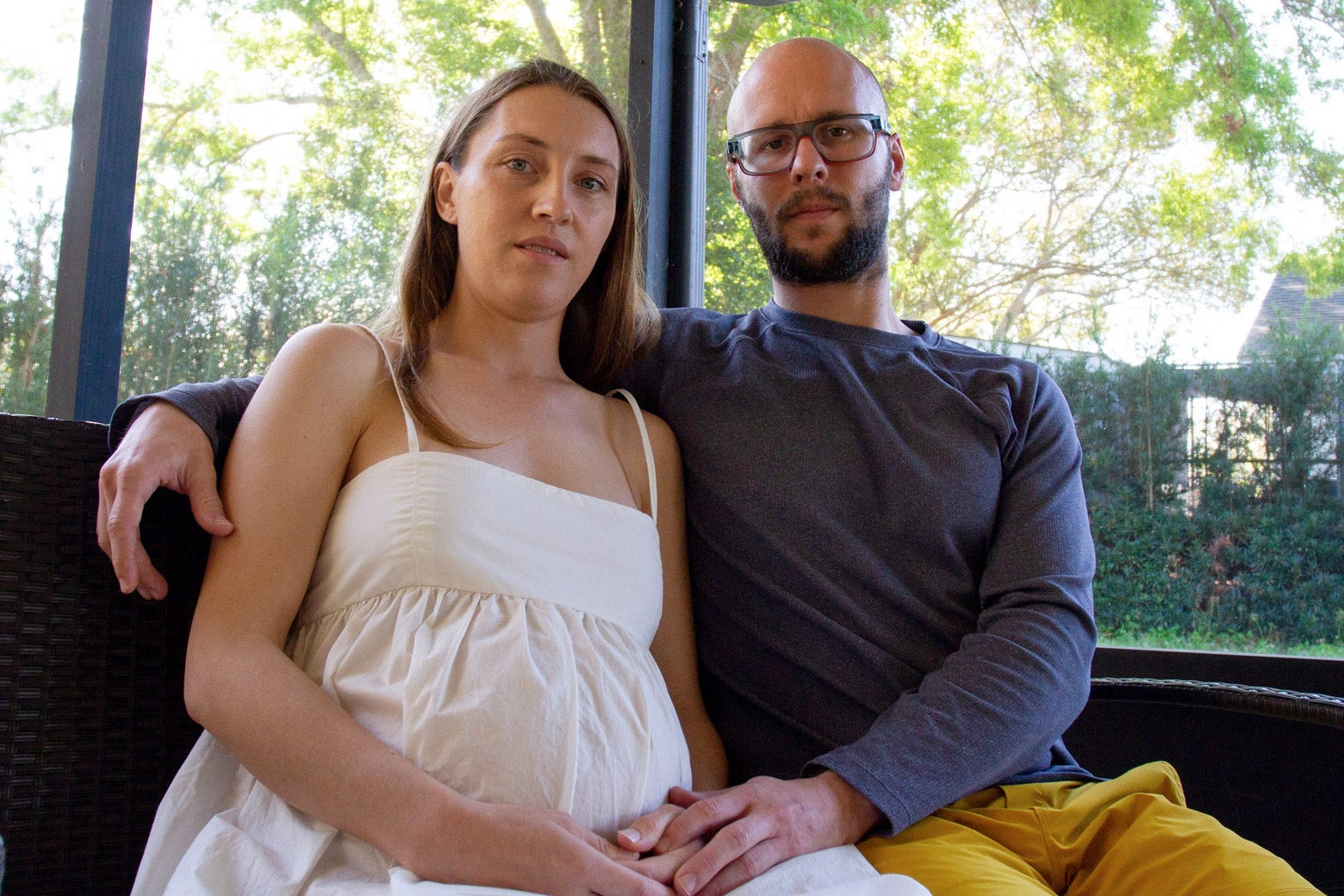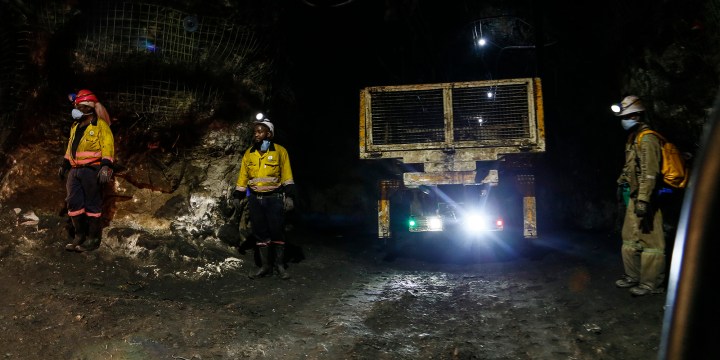BY LYNN M. MORGAN AND MICHELLE OBERMAN

Amid the clamor of abortion news is a quiet case of torture playing out in Florida. Last month, the Washington Post reported the story of Deborah Dorbert, who is being forced to carry to term a fetus with a lethal condition called Potter syndrome. When she learned her fetus wouldn’t survive, Dorbert asked to terminate the pregnancy. But her doctors and their lawyers declined, fearful they would run afoul of the state’s 15-week abortion ban. Without any other feasible options, she and her young family passed more than three months waiting for the birth and death.
Her story is not unique: similar cases have happened in other countries with extreme abortion bans. But on March 22–23, the Inter-American Court of Human Rights, one branch of the Organization of American States charged with adjudicating alleged violations of the American Convention on Human Rights, will hear arguments in a case that could change the ways those women and their pregnancies are treated under international law by condemning such treatment as violating the right to be free from gender-based discrimination, violence, torture, stigma, and threats to bodily autonomy.
The case involves a 2013 controversy over “Beatriz,” a 22-year-old Salvadoran mother with lupus who was forced to continue a life-threatening pregnancy even though the fetus lacked parts of its skull and brain. Everyone agreed Beatriz’s pregnancy was both life-threatening—Beatriz nearly died during her first pregnancy—and nonviable. But El Salvador’s law dictates that life begins at conception and bans abortion without exception, leading the Salvadoran Supreme Court to conclude that, because the fetus was technically alive, it had the same right to life as Beatriz did.
Beatriz endured seven weeks in the hospital while doctors struggled to control the worsening symptoms of her disease—kidney failure, septic lupus lesions, hypertension. Finally, when her death was imminent, and under an emergency order from the Inter-American Court, her doctors delivered the fetus—which lived only five hours—and managed to save Beatriz’s life.
To the Salvadoran government, it was a good outcome: the abortion ban held and Beatriz lived. They avoided having to grant an exception to save Beatriz’s life. But Beatriz’s lawyers are arguing that El Salvador’s ban violates the government’s international responsibilities as well as Beatriz’s human rights. They are asking the court to order El Salvador to pay damages, and also to rule that the country’s absolute ban on abortion violates the American Convention on Human Rights, which governs international human rights for the Western Hemisphere, so as to prevent similar cases from arising in the future.
Given our habitual disregard for human rights discourse, Americans might be inclined to ignore Beatriz’s case. American politicians routinely dismiss the applicability of international human rights law in this country. The U.S. has ratified neither the Convention on the Elimination of All Forms of Discrimination Against Women nor the American Convention on Human Rights. Still, even Americans agree that torture is a crime under international law, having ratified the UN Convention Against Torture.
Beatriz’s is the latest in a line of cases in which the international community has recognized that denying access to abortion can sometimes constitute torture. So ruled the UN Human Rights Committee in 2005, after the Peruvian government forced a pregnant teenager to carry an anencephalic fetus to term. And so ruled Brazil’s Supreme Federal Court in 2012 when it exempted anencephaly from abortion restrictions, acknowledging that such pregnancies cause trauma and suffering. Forbidding termination in such cases, one Brazilian justice said, is equal to torture. Likewise, when Colombia’s Supreme Court legalized abortion in 2022, it noted that total abortion bans, especially in contexts of grave fetal malformations, violate basic human dignity and the right to be free from torture and cruel, inhuman, and degrading treatment.
Beatriz v. El Salvador will mark the first time the Inter-American Court hears a case in which a woman has explicitly demanded that the right to terminate a pregnancy be recognized. It comes at a time when many countries of the Americas have expanded abortion rights, including Argentina, Chile, Mexico, and Colombia. In this regard, the United States is an outlier following the Supreme Court’s overturning of the constitutional right to an abortion last year—only a few other countries have restricted or annulled that right. If the Inter-American Court rules in Beatriz’s favor, the decision would be considered binding on all 20 countries that ratified or adhere to the American Convention on Human Rights. The United States is not one of those countries, although, as U.S. abortion rights advocates have noted, because the court is a multilateral body tasked with promoting human rights across the Americas, Americans can still seek recourse there.
Because the U.S. has not ratified the convention, a victory for Beatriz means Salvadorans and others bound by the Inter-American system will enjoy greater human rights protections from the harms of abortion bans than Americans do. Anti-abortion conservatives seem to relish casting the U.S. as a pariah among nations for our libertine abortion laws, an argument which indeed formed part of Justice Samuel Alito’s Dobbs opinion striking down Roe v. Wade. As the Inter-American Court is likely to soon demonstrate, the opposite is true. Indeed, these same conservatives have mounted a decadeslong strategy to disengage from international human rights law and to undermine multilateral human rights bodies. It is no accident that the majority opinion in Dobbs omitted any mention of “human rights” because, by their reckoning, those rights do not apply to Americans.
In the end, a victory for Beatriz will not come in time to stop the torture of Deborah Dorbert, nor will it necessarily prevent other U.S. states from violating the human rights of those who, like Dorbert, face devastating diagnoses during pregnancy. But even if the U.S. refuses to follow the Inter-American Court’s directives, a victory for Beatriz will matter because the world is watching. Recognizing these cases for what they are—torture—will call out America’s rogue status among the community of nations.













